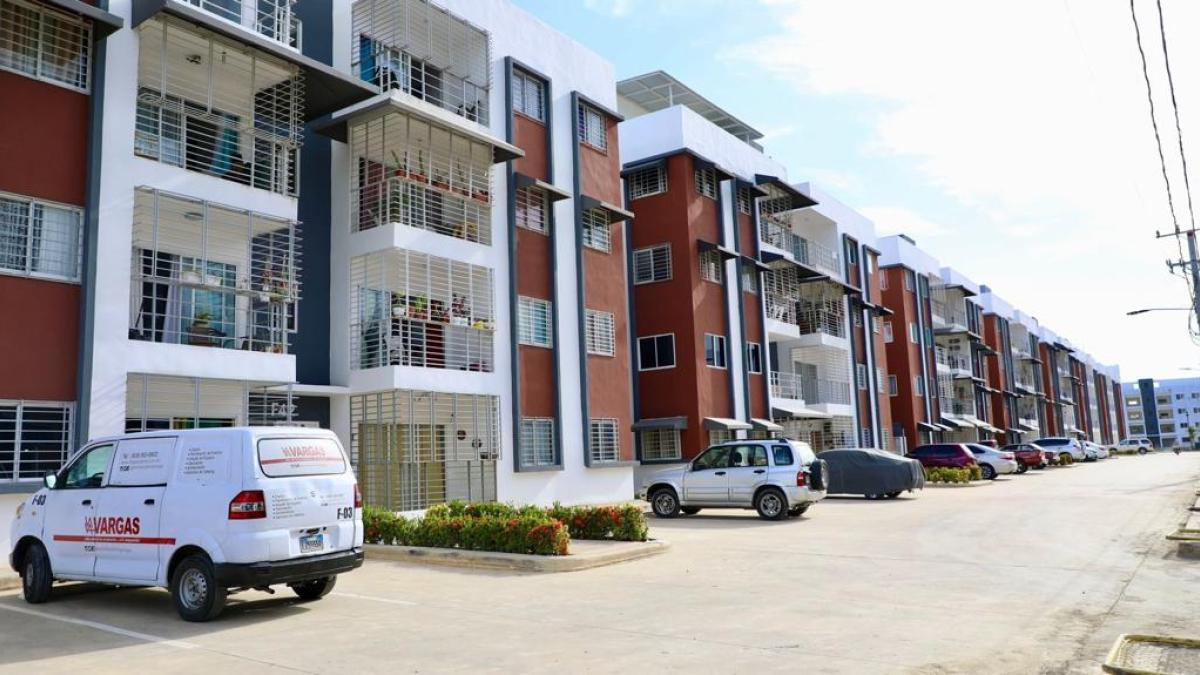Title: Foreigners Acquire 160 Properties in the Dominican Republic, Majority in Transit or Non-Resident Status
Subtitle: Haitian Nationals Top the List of Buyers, Followed by the United States
Date: [Insert Date]
A recent audit conducted by the Vice Ministry of Management and Naturalization of the Interior and Police has revealed that a total of 187 foreigners have acquired 160 properties in the Dominican Republic during the first half of 2023. Of these, 93 percent of the buyers were either in transit or held non-resident status.
The buyers hail from 40 different countries, with nationals of Haiti leading the pack, having acquired a total of 33 properties, accounting for 17.64 percent of the purchases. They were closely followed by nationals of the United States, who purchased 31 properties, making up 16.57 percent of the acquisitions.
Other foreigners who have made real estate purchases in the Dominican Republic include Italians with 24 properties (12.83 percent), the French with 15 properties (8.02 percent), Canadians with 10 properties (5.34 percent), Venezuelans with 7 properties (3.74 percent), and Russians also with 7 properties (3.74 percent). The remaining 60 properties, which accounted for 32 percent, were acquired by buyers from 33 unspecified countries.
Out of the total number of buyers, 93 percent (174 individuals) were identified as non-residents, while only 7 percent (13 individuals) held residence and domicile status within the country.
The documentation provided by these foreign buyers to acquire the properties included passports, temporary and permanent residence cards, driver’s licenses from their home country, and foreigner identity cards. The Vice Ministry of Management and Naturalization of the Interior and Police, as well as the Immigration Department, provided this information to Listín Diario.
The total investments made by these individuals in the 160 properties amounted to RD$994,574,711.95.
The majority of the transactions, 51.3 percent, were conducted in Dominican pesos, while 45.6 percent were in dollars, and 3.1 percent were in euros.
The Dominican province of La Altagracia, located in the eastern region of the country, accounted for 69 percent of the properties purchased by foreigners. The province of Samaná in the North accounted for 24.7 percent, and San Cristóbal in the South accounted for 6.9 percent.
According to Lawyer Juan Manuel Rosario, Vice Minister of Management and Naturalization of the Interior and Police, foreigners are required to register the properties they acquire in the Dominican Republic with the Ministry of the Interior and Police. However, Rosario noted that there is an issue with compliance, as previously, foreigners were required to have ties to the country before purchasing property, including having a residence. The regulations were changed in 1998 to encourage foreign investment.
Rosario highlighted that many individuals who purchase properties in the country are doing so illegally. The audit revealed that Haitian nationals, in particular, topped the list of foreign buyers during the first half of 2023, surpassing Americans, who traditionally held the first-place position.
Laura Mariñez, in charge of the Immigration Department, emphasized that 93 percent of foreign buyers arrived with just their passports and purchased properties. She added that this poses challenges for immigration authorities if deportation needs to be considered, as these individuals can claim property rights.
Decree 21-98, issued by President Leonel Fernández on January 9, 1998, requires the Registrars of Titles, Directors of Civil Registries, and Mortgage Conservatories in the country to send a copy of any document related to the acquisition of property by foreign individuals to the Ministry of the Interior and Police. The ministry maintains a record of all real estate acquired by foreigners, regardless of their residency or domicile status.
The increasing trend of foreign buyers, especially from Haiti, raises questions about the enforcement of regulations and the impact on the local real estate market in the Dominican Republic.
